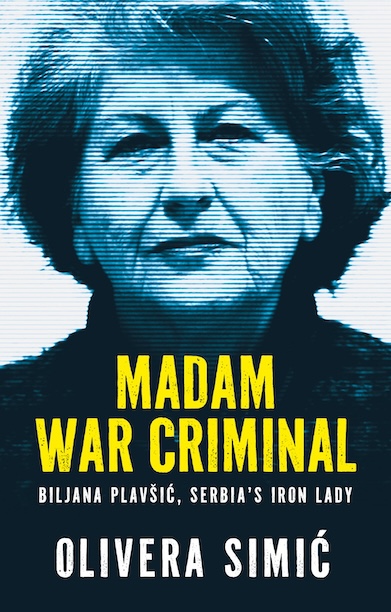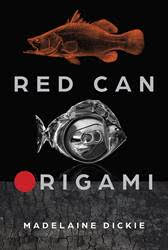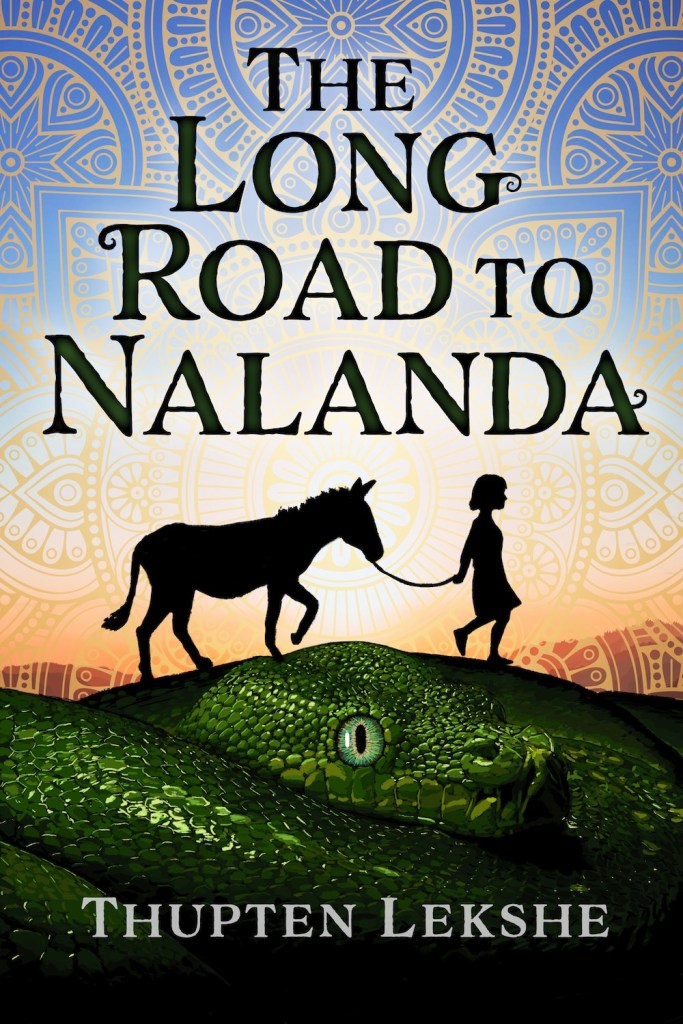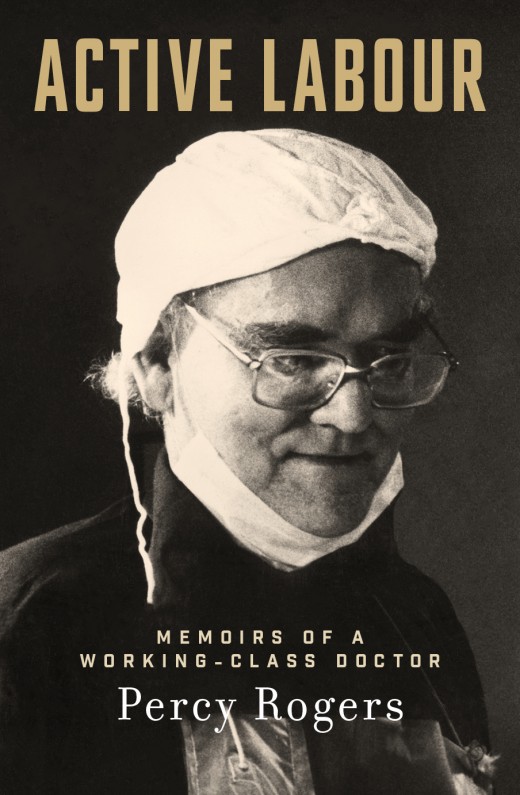
Silence is a tool that writers of fiction can use to great effect. By silencing a character in a poignant moment, emotion is heightened; interrupting action with silence can magnify drama; allowing a character to inhabit a space devoid of action allows time-out and an opportunity for reflection. For examples of silences in literary writing, seek out authors such as […]
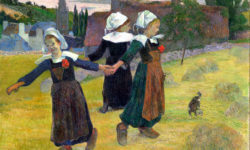
Linking certain words or phrases in a sentence using a ‘dash’ requires careful consideration. On many occasions I have had to explain the misuse of hyphens to act as parentheses — to enclose a word, phrase, or clause — instead of using brackets or em dashes (as used in this sentence). This misunderstanding of the function of the hyphen, which […]

Choosing and arranging words according to their sound can intensify meaning and create rhythm in a sentence; the degree of musicality you employ will depend on the intended mood and tone of your writing. In Geraldine Brooks’ ‘Year of Wonders’ (2001), Part 1 is called ‘Leaf-Fall, 1666’. Readers’ senses are immediately stimulated as autumnal sights, sounds and smells are richly […]

I often stand and commune with Pablo Picasso’s 1937 painting, ‘Weeping Woman’. It conveys extreme sadness, much of what is experienced by humans, near and far, today. I run my eye over it, wondering whether there’s something that I may have missed since I last stood before it. I go early, alone, with an art buddy, or with a few […]

These days, if we land on the Home page of a business website, we not only want an instant summary of the service or the product/s, we also want it presented in a personalised, eye-catching, well-written nutshell. However, what we’re often faced with is poor grammar and jargon-riddled writing that shows an obvious lack of thought and editing. The ability […]

It takes courage for writers to ‘go out on a limb’ in order to develop, and commit to, an individual writing style that satisfies readers. On 9 March 1895, H. G. Wells, English writer and commentator, wrote a review in the ‘Saturday Review’ of Grant Allen’s controversial novel, ‘The Woman Who Did’: “The whole book … is strenuous without strength, […]

He said, she said . . . the all-knowing, all-seeing narrator drones on . . . A few years ago, in a creative writing class focussing on autobiography, I was persuaded to use dialogue in a short memoir. It took a while to get my head around including unrecorded conversations that occurred decades ago. However, I was assured that memoirists and […]
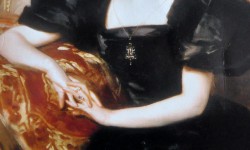
Isabel Archer is a mesmerising character . . . her creator, Henry James, made her so by allowing the reader access to Isabel’s conscious thoughts. A paragraph in ‘The Portrait of a Lady’ (1881) is frequently longer than a page, but how can there be white space on a page if a setting needs visual detail, or if Isabel hasn’t […]
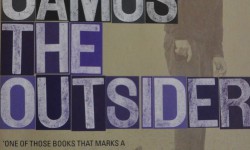
The aim of the first sentence of any written work is to motivate the reader to read on; it can be decisive and declare the theme or argument of the main body of writing, or it can be a teaser. So whether you’re writing a novel, an essay, or just an email, your aim is to arrest the reader’s attention […]
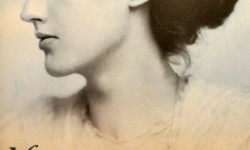
The habitual practice of writing in a notebook, a diary or a journal will refine your writing. A journal can include jottings of daily observations, lists of words and punctuation that interest or bother you, inspirational sentences you’ve read, ideas to develop, critical editing of current writing, and so on. Literary icon, Virginia Woolf, born in 1882, began writing a […]











